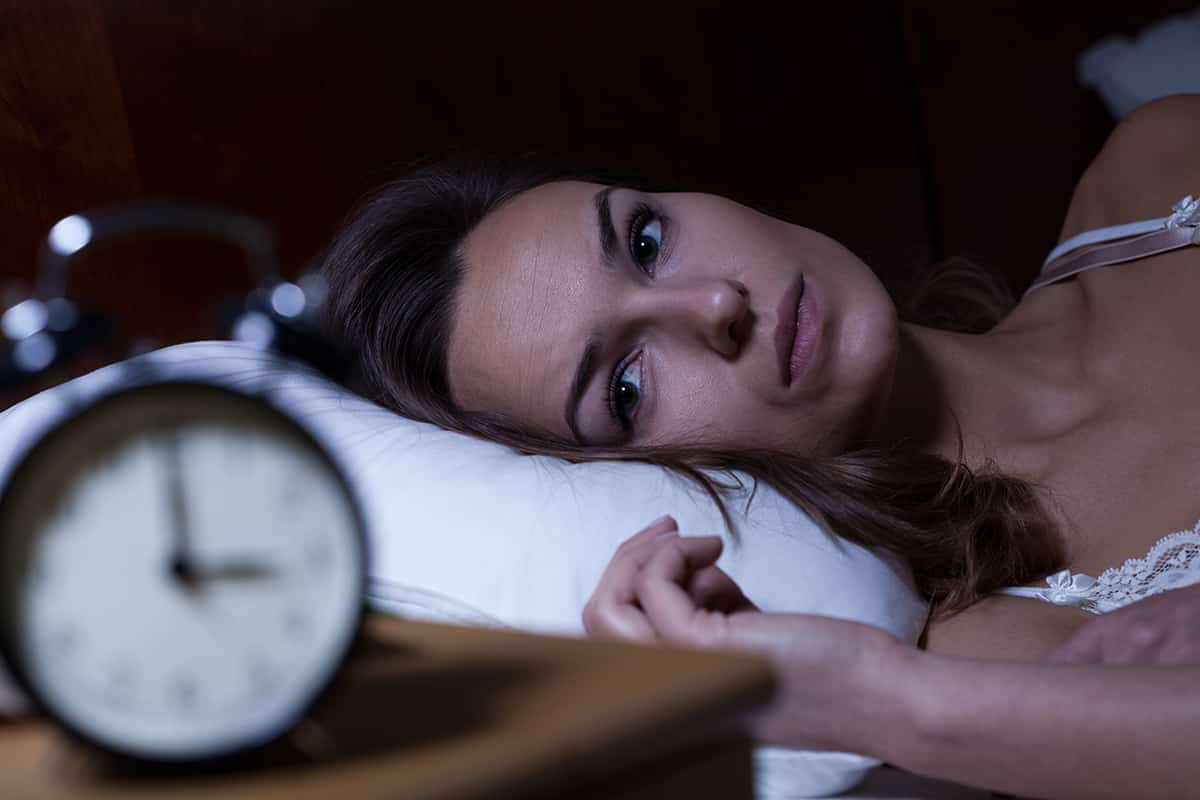The amount of sleep you need each night depends on a ton of factors, including your age, activity levels, genetics, and how well you sleep. If you’re not sure what’s appropriate, the National Sleep Foundation offers some broad guidelines to follow.
Not surprisingly, babies and children require a lot of sleep. According to the foundation, newborns should sleep 14-17 hours a day, infants 12-15 hours a day, toddlers 11-14 hours a day, preschooler 10-13 hours a day, and school-age children 9-11 hours a day. For teenagers aged 14 to 17, they recommend 8-10 hours a day. Young adults and adults should aim for 7-9 hours, and older adults (age 65+) need 7-8 hours.
If you don’t get enough sleep, your health might suffer. The Harvard Medical School sleep website says that insufficient sleep has been linked to poor mental performance and increased errors at work. Furthermore, sleep deprivation increases the likelihood of drowsy driving. The National Highway Traffic Safety Administration says that drowsy driving caused at least 846 fatalities in 2014.
Long-term sleep deprivation may have health implications, too. WebMD says that chronic sleep deprivation is associated with obesity, stroke, heart attacks, heart failure, high blood pressure, and psychiatric disorders. WebMD notes that most chronic sleep deprivation is caused by an untreated sleep disorder like insomnia, narcolepsy, sleep apnea, or restless leg syndrome.
Oversleeping can also be bad for you. According to Prevention, oversleeping has been linked to heart disease, weight struggles, diabetes, poor moods, trouble concentrating, and even dying earlier. “Individuals who sleep more than 10 hours per day generally have worse health profiles than those who sleep 7 to 8 hours,” Dr. Susan Redline, professor of sleep medicine at Harvard and senior physician in the division of sleep and circadian disorders at Brigham and Women’s Hospital, told Prevention.
If you are sleeping too much or too little, there are steps you can take to correct that. If you struggle with oversleeping, try a new type of alarm clock, using natural light to help you wake up, or stop hitting the snooze button. And if you sleep too little, take a look at your habits to see what could change. Maybe you stop drinking caffeine after lunch, banish electronics from your bedroom so you don’t waste time on your phone at bedtime, or try meditation.
[Editor’s Note: The information provided should not be considered a substitute for professional advice. Please consult a sleep doctor or other medical expert if you have questions related to your own health.]
Featured image: Monkey Business Images/Shutterstock


